Uber & Lyft Preparing to Suspend Their Ride-Hailing Service in California Over Labor Dispute
【Summary】As of midnight tonight, ride-hailing company Lyft will suspend its California ride-hailing operations, and its bigger rival Uber will likely follow, leaving thousands of people without the on-demand transportation they’ve come to rely on for for the first time in over seven years. The move is a result of California's Assembly Bill 5, which went into effect on Jan 1, 2020 and requires ride-hailing companies to classify drivers as employees.
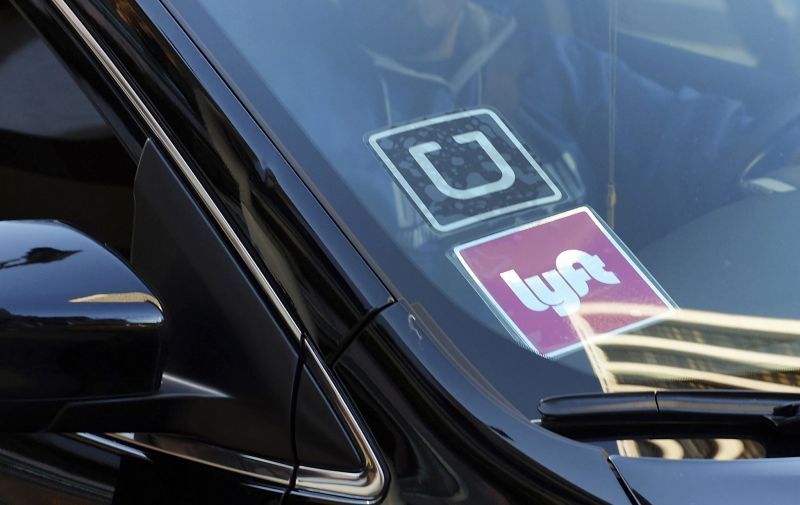
UPDATED at 1:30pm PDT: An appeals court in California has allowed Uber and Lyft to continue treating their drivers as independent contractors in California while an appeal works its way through the court.
As of midnight tonight ride-hailing company Lyft will suspend its California ride-hailing operations, and its bigger rival Uber will likely follow, leaving thousands of people in the state without the on-demand transportation they've come to rely on for for the first time.
A Lyft spokeswoman says the shutdown will not affect the company's electric scooter and bike rentals. Unlike Uber, Lyft does not offer food delivery services.
In a blog post, Lyft said its decision to suspend its operations was something the company did not want to do, saying that "millions of Californians depend on the company for daily, essential trips."
Last year, California became the first state in the U.S. to pass a law designed to protect so-called "gig economy" workers, when the state's residents voted to approve Assembly Bill 5 (AB5) last September. The measure went into effect on Jan 1, 2020, but was challenged in court.
AB5 requires that California-based ride-hailing leaders Uber and Lyft, classify many of their drivers working 40 hours or more on the platform as full-time employees. By doing so, it requires Lyft and Uber to pay drivers overtime, sick days, and other benefits that full-time employees in California are entitled to by law.
Currently Lyft and Uber classify their drivers as independent contractors, meaning that the companies don't have to pay for healthcare, overtime or sick leave, even for those working 50 hours or more each week on the platform. By classifying drivers as independent contractors, ride-hailing companies are saving big money since they don't have to pay a minimum wage to drivers, but California is also losing out on millions in revenue from payroll taxes.
Both Lyft and Uber are fighting aggressively for an exception for AB5, but unless a court intervenes, ride-sharing companies must comply with California's new law as of tomorrow, Aug 21.
So far, Lyft and Uber have not made public on how they plan to abide by AB5 in California, short of shutting down in the state.
Lyft argues that 4 out 5 of its thousands of California drivers do not support AB5 and would rather remain independent contractors without overtime and paid sick time off.
That's the dilemma Lyft and Uber are in, the ride-share companies can either abide by the new law in California or face public backlash or even boycotts for treating its workers unfairly.
However, Uber and Lyft are spending millions on lobbying efforts to support a revision to AB5 known as Proposition 22 on the ballot in California this November. Proposition 22 seeks an exception in AB5 for gig workers, which is ironic, since AB5 was designed to protect gig workers in the first place.
Lyft said that Prop 22 proposes the necessary changes to give drivers benefits and flexibility, while maintaining the company's current rideshare model.
Lyft, as well as Uber, said being forced to comply with AB5 will require an overhaul of their entire business models, which are already largely unprofitable with the use of contractors. Both Lyft and Uber said it is not something that can happen overnight, nor is its something they are wanting to do.
Lyft said it attended hundreds of hours of meetings with California policymakers and labor leaders to craft an alternative proposal for drivers without the negative consequences.
As an alternative to AB5, Lyft and Uber are proposing implementing a minimum earnings guarantee and a healthcare subsidy that drivers can tap into for medical expenses. However over the past five years, Lyft has not voluntarily put any of these measures in place.
Lyft warns that by suspending its ride-hailing platform passengers would experience reduced service, especially in suburban and rural areas. Lyft also wrote in a blog post that 80% of its California drivers would lose work and the rest would have work scheduled shifts with capped hourly earnings if forced to abide by AB5.
In addition, Lyft claims that lower-income riders trying to make it to essential jobs and medical appointments would be faced with unaffordable prices. The company said that 38% of its rides in California begin or end in low-income areas that have few public transit options already.
Lyft is asking the public for help and is encouraging California residents to vote in favor of Prop 22 this November. According to Lyft, "the Prop 22 ballot measure proposes the necessary changes to give drivers benefits and flexibility, while maintaining its current rideshare model."
In the meantime, it looks as though Lyft and Uber will suspend operations for the foreseeable future, which might not have an immediate impact just yet. Due to the global pandemic, both Uber and Lyft said that demand for rides in the U.S. has fallen roughly 70% from 2019 levels.
Lyft was the first ride-hailing operator to become a public company. The company's stock began trading on the NASDAQ under the symbol "LYFT" in late March 2019. However Lyft's impending shutdown in California has not affected its stock price as of Thursday. Shares are up nearly 6% to $29.76.
-

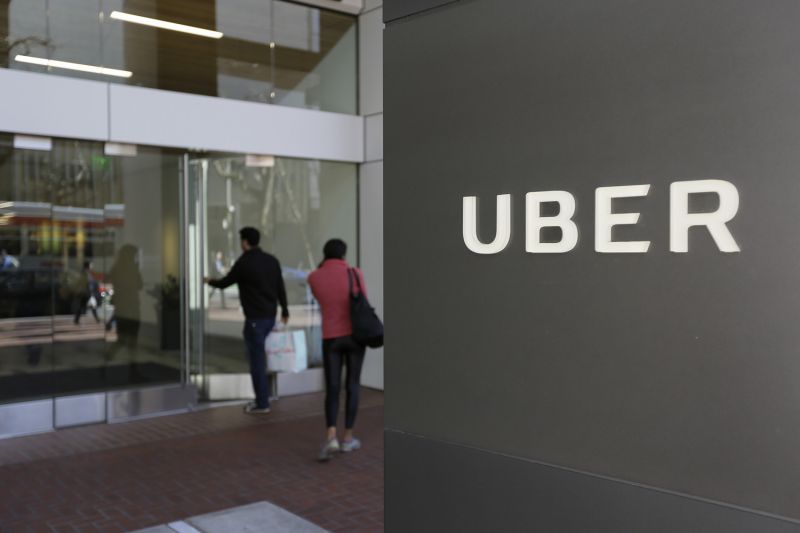
Uber CEO Says the Company Might Suspend its California Operations if a Court’s Decision Forcing it Classify Drivers as Full-time Employees is Not Overturned
-

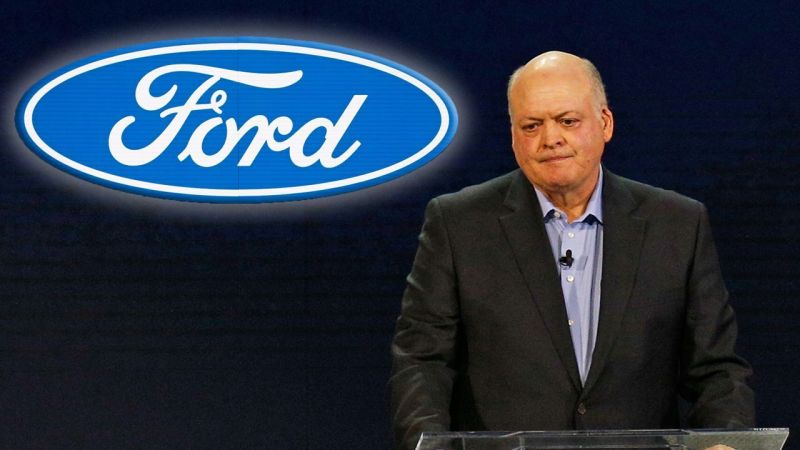
Ford Motor Company Chief Operating Officer Jim Farley Will Take Over as CEO, Jim Hackett to Retire
-


Tesla Sues Electric Truck Startup Rivian for Stealing Trade Secrets
-

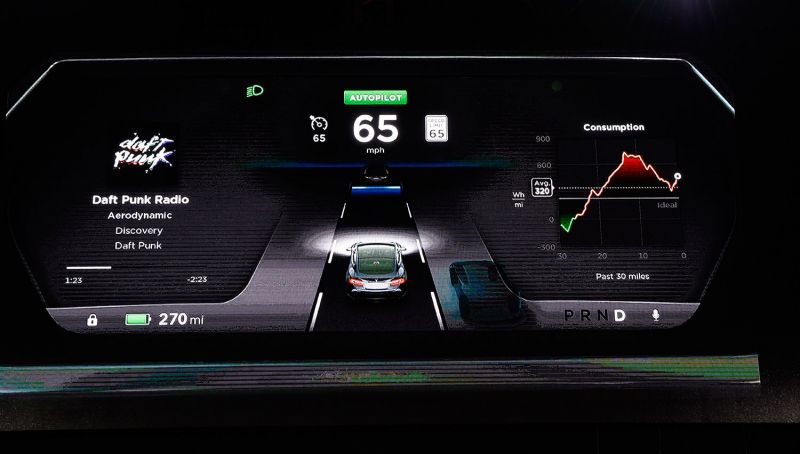
German Court Bans Tesla’s ‘Misleading’ Ads About the Company’s Self-Driving Capabilities
-

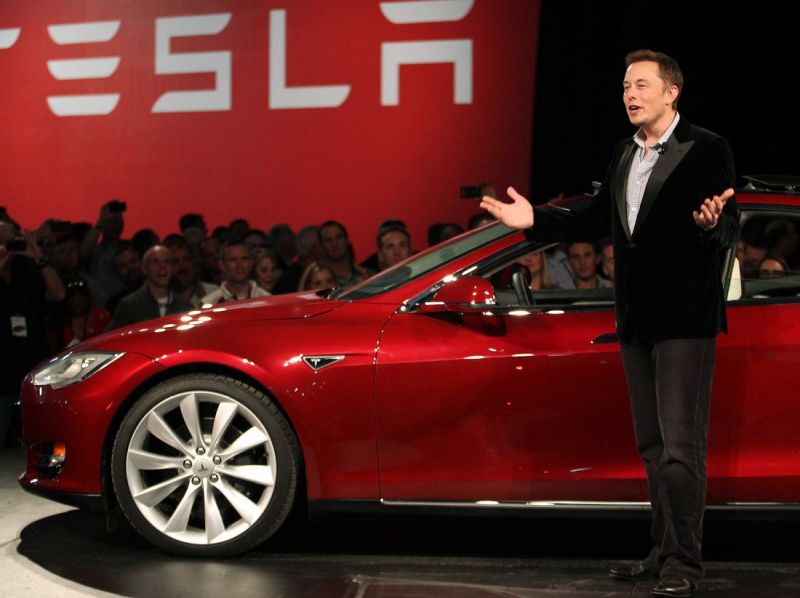
Tesla is ‘Very Close’ to Level-5 Autonomous Driving, Chief Executive Elon Musk Says
-

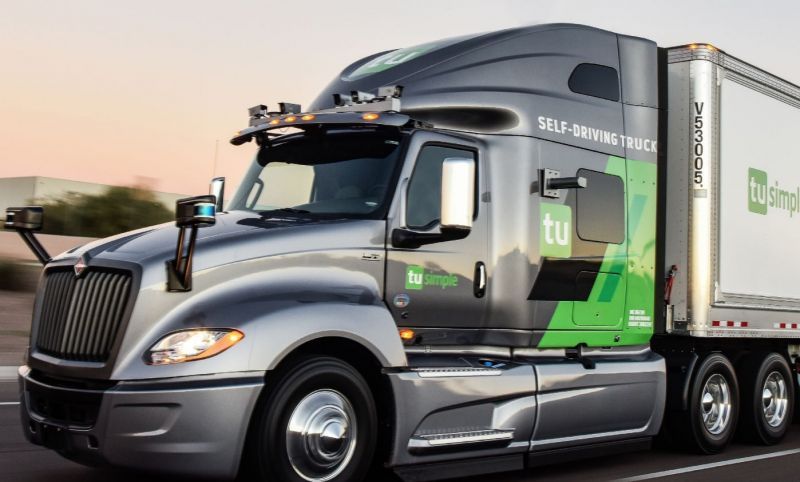
TuSimple Launches the World’s First Autonomous Freight Delivery Service
-


Volvo Car Group is Partnering With Waymo to Develop Robotaxis
-

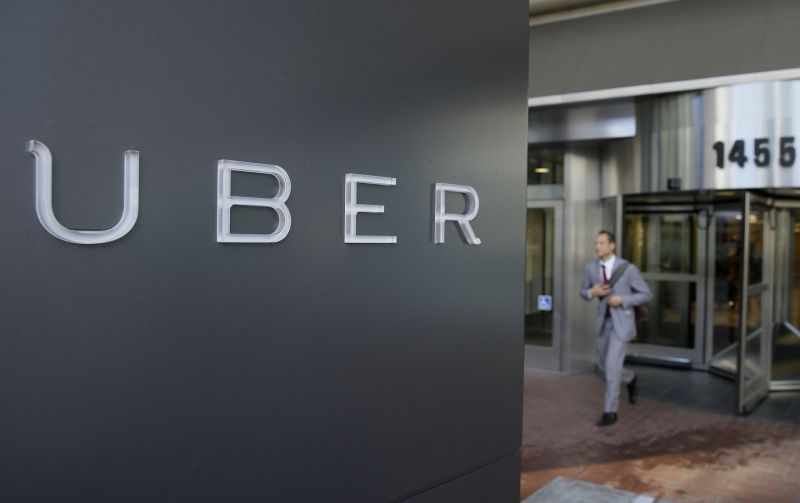
Toyota Investing $500 million in Uber to Develop Driverless Cars
- Mercedes-Benz is Partnering with Game Engine Developer Unity Technologies to Create Immersive, 3D Infotainment Screens and Displays for its Future Vehicles
- General Motors Launches ‘EV Live’ an Interactive Virtual Experience Where Participants Can Learn More About Electric Vehicles
- Rivian, Mercedes-Benz Partner to Produce Electric Commercial Vans
- General Motors is Building a Coast-to-Coast DC Fast EV Charging Network in the U.S. in a New Partnership with Travel Center Operator Pilot Company
- FCA to Pay $300 Million Fine for Emissions-Cheating Vehicles
- Volkswagen Group China Unveils its ‘Flying Tiger’ Electric Vertical Take-Off and Landing (eVTOL) Passenger Aircraft Prototype
- Stellantis Acquires Autonomous Driving Software Startup aiMotive
- Volvo-backed EV Battery Maker Northvolt, Founded by Former Tesla Execs, Raises Another $1.1 Billion to Help Fund its Expansion
- GM Expanding First Responder Training Program for EV Crashes
- Tesla Vehicles Operating in Autopilot Mode Involved in 273 Crashes in Under a Year, the NHTSA Reports











 About Us
About Us Contact Us
Contact Us Careers
Careers